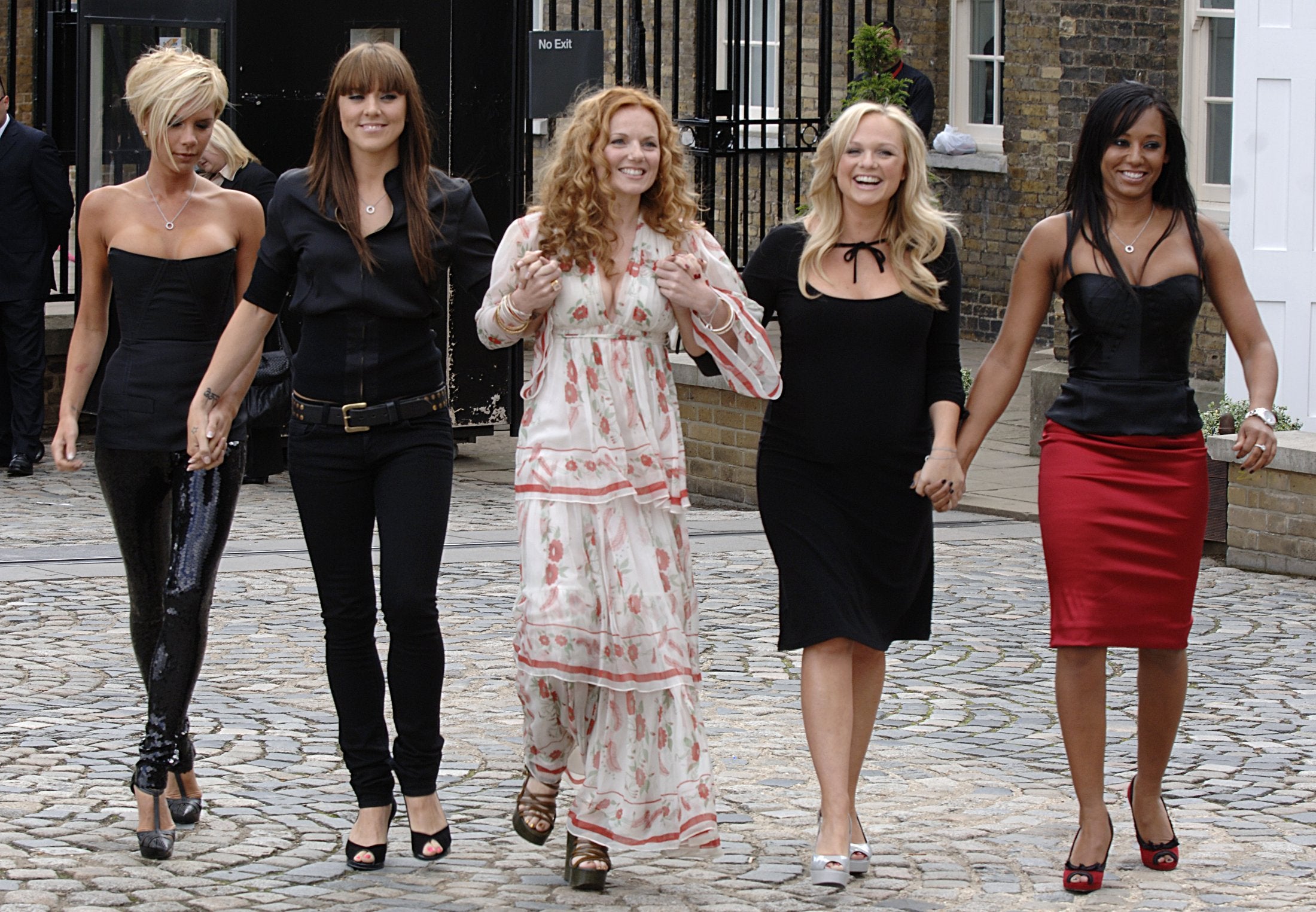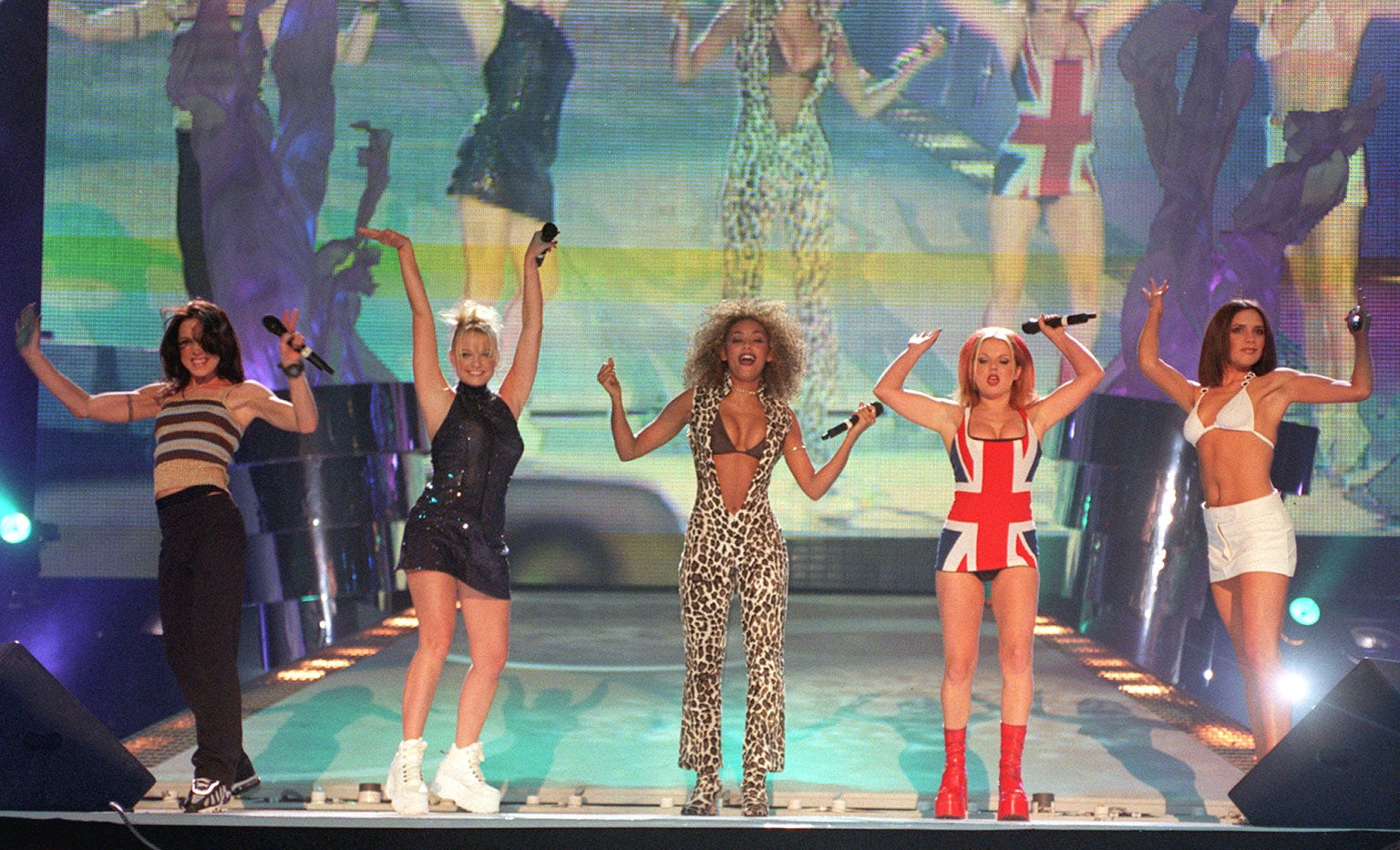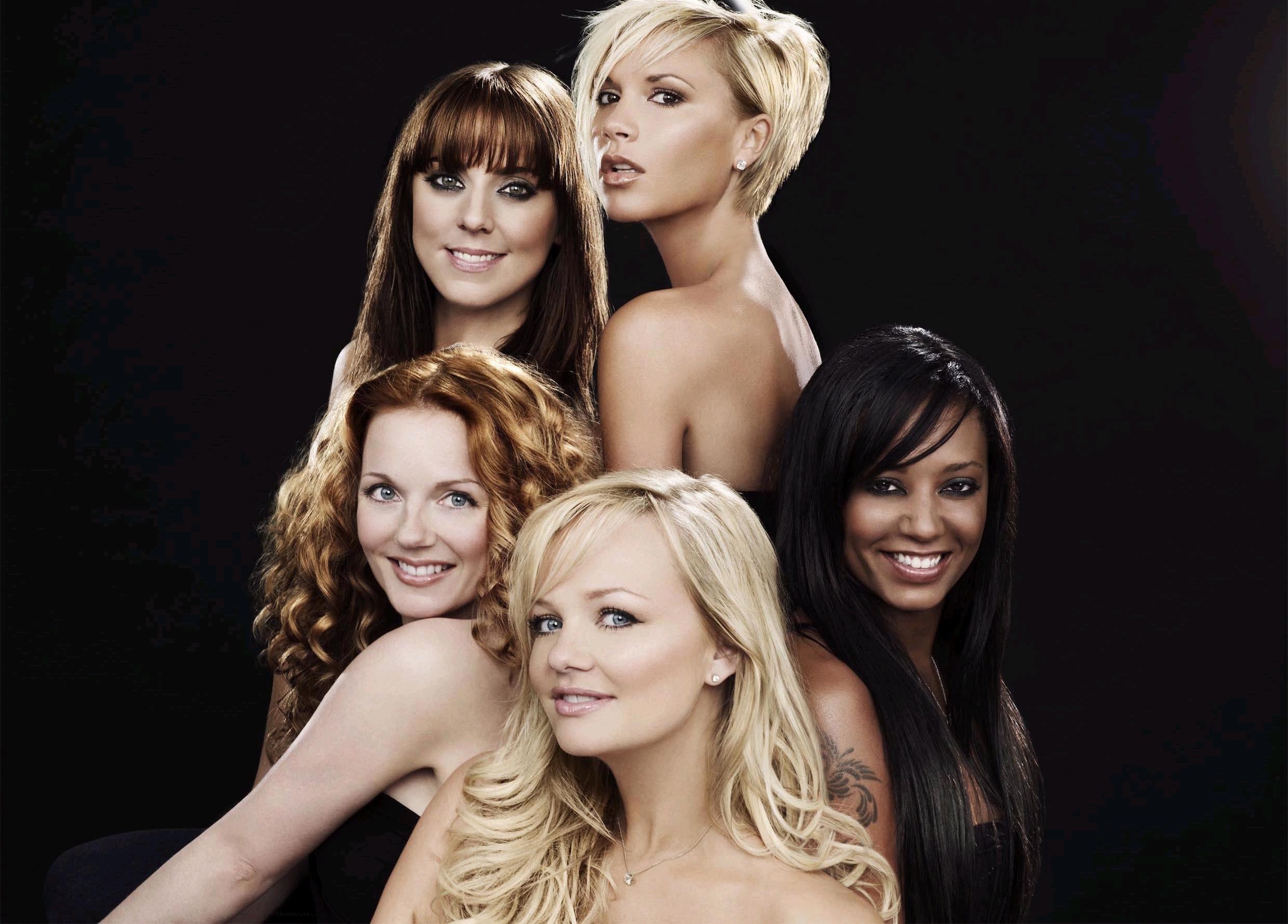Spice Girls reunion: Why we need Girl Power more than ever
It’s strange, more than 20 years on, to think back to the time the Spice Girls emerged, and see how little has changed, says Lucy Jones


Your support helps us to tell the story
From reproductive rights to climate change to Big Tech, The Independent is on the ground when the story is developing. Whether it's investigating the financials of Elon Musk's pro-Trump PAC or producing our latest documentary, 'The A Word', which shines a light on the American women fighting for reproductive rights, we know how important it is to parse out the facts from the messaging.
At such a critical moment in US history, we need reporters on the ground. Your donation allows us to keep sending journalists to speak to both sides of the story.
The Independent is trusted by Americans across the entire political spectrum. And unlike many other quality news outlets, we choose not to lock Americans out of our reporting and analysis with paywalls. We believe quality journalism should be available to everyone, paid for by those who can afford it.
Your support makes all the difference.Once upon a time, in the early Nineties, little girls were taught to be sugar and spice and all things nice. “Be quiet and polite,” they were told. “Acquiesce, and don’t take up too much space.” The magazines they were bought explained their value and importance would be related to their relationships, especially with boyfriends, and how pretty they looked. The pop charts were dominated by men, and the protagonists of TV shows and books were mainly boys. There was no Buffy, no Xena: Warrior Princess, even Powerpuff Girls weren’t a thing yet. Deep down, little girls knew boys were better and cleverer, and therefore allowed to do more stuff. Then, along came a girl group of five women, called the Spice Girls, who were quickly top of the pops and everywhere. Each one was different – Baby, Scary, Ginger, Posh and Sporty – but they all spoke their minds, and sang about what they wanted, what they really, really wanted.
The Spice Girls might have been manufactured by record label suits behind the scenes, but their energy, music and chemistry took on a life of its own. Soon, they were the biggest band in the world, travelling in private jets from country to country, with multiple suitcases to fit their Buffalo platforms. It only lasted a few years before one – Ginger – left, but during that time, they lit a cultural wildfire with their central message of “Girl Power”.
In their heyday, writer and punk poet Kathy Acker interviewed the Spice Girls for The Guardian. “They both are and represent a voice that has too long been repressed,” she wrote. “The voices – not really the voice – of young women and, just as important, of women not from the educated classes.” And that was the thing about the Spice Girls: each one of the five had their own character and vibe, unlike previous girl groups whose members could be interchangeable – which is why it doesn’t really matter that Posh Spice won’t be joining the reunion, despite Mel B’s hopeful quip Victoria will join the Wembley date. It’s her choice and it’s in the Spice Girls mentality to respect that and let her get on with her life.

It’s strange, more than 20 years on, and with their UK reunion tour underway, to think back to the time the Spice Girls came out, and see, actually, how little has changed. The clothes and hairstyles and footwear and colours look dated but, in terms of women and confidence, the simple, basic message of saying what you want, doing what you want, and having the guts and spirit to be loud – or quiet, if that’s your thing – is more relevant than ever. The problem has not been solved.
The phenomenon of the Spice Girls, and how it practically affected the lives of the group’s fans, is hard to measure. But we know music and pop culture in both pre-adolescence and the teen years can provide an important symbolic backdrop and framework to try out identities, express beliefs and perceptions, and try out different values and preferences.
I was 11 when debut single “Wannabe” was released. At that point, I wasn’t exactly au fait with second or third-wave feminism and I’d not read Germaine Greer, Naomi Wolf or Simone De Beauvoir. I wasn’t aware of the academic criticism about the Spice Girls repackaging capitalist power, or corrupting feminism with consumerism, or concerns about raunch culture. All I saw was something unusual and atypical: five women, in charge, having the time of their lives. Really, it came down to a feeling: the spirit, the clothes, the forthright footsteps down the stairs and Mel B’s gleeful cackle, the chaotic ebullience, the adrenaline, the thrill.

Before the Spice Girls gatecrashed the Britpop party, conforming to gender stereotypes for pre-teens in the Nineties who hadn’t heard of Riot grrrl or ladette culture meant being a ‘good girl’, which translated as being polite, nurturing, caring and pretty. The Spice Girls resisted feminine stereotypes. They were the older sisters who showed you how to be brave and bold, how to construct your own identity, how you could say what you wanted and wear what you wanted and that was more than fine. You could be girly, if you wanted to, and wear short skirts and bunches. Or you could be a tomboy and eschew heels. The lyrics were active rather than passive: taking, grabbing, laying it down – all the things little girls were taught never to do. “Stop right now, thank you very much”. “Who do you think you are?” “I’ll tell you what I want, what I really, really want”.
In interviews, they expounded their concept of Girl Power with a passion and intelligence often perceived as brash, gobby or “outspoken” – the revealing words we use to describe women who talk with confidence. “When you go and see a careers officer,” said Mel C in 1997, “and you sit down and say, ‘I want to be a spaceman’, instead of responding ‘Go study astrophysics’, they go, ‘Yeah, but what do you really want to do?’ That is so wrong. I think there should be a class in – what do you call it? – self-motivation. Self-motivation classes, self-esteem classes.”
Compared with the male-led Britpop of Oasis, Blur, Pulp and Suede, the Spice Girls felt truly radical. For myself, and I’m sure many others, the idea was planted for the first time that, even though we were girls, we didn’t have to be supporting characters.

Millions of people who bought the records 20 years ago are now in their late 20s and early 30s. What does Girl Power mean to us now? Do phenomena last after the fact? Does the message still have any power? While I won’t be desperately queueing for tickets, watching the videos and remembering the feeling of hearing and seeing the Spice Girls for first time has a power in itself, for me. It reminds me of a time I felt I could be what I wanted to be, with, in some strange way, “Say You’ll Be There” giving me permission to speak up and occupy a space. Two decades on, I could still do with remembering that sometimes.
In 1997, Acker ended her Spice Girls profile thus: “It is up to feminism to grow, to take on what the Spice Girls, and women like them, are saying, and to do what feminism has always done in England, to keep on transforming society as society is best transformed, with lightness and in joy.”
It is transforming, but it is happening too slowly. At a time when girls as young as seven believe their appearance is more important than character, or that brilliance is a male trait, an injection of Girl Power is more necessary than ever.
Join our commenting forum
Join thought-provoking conversations, follow other Independent readers and see their replies
Comments